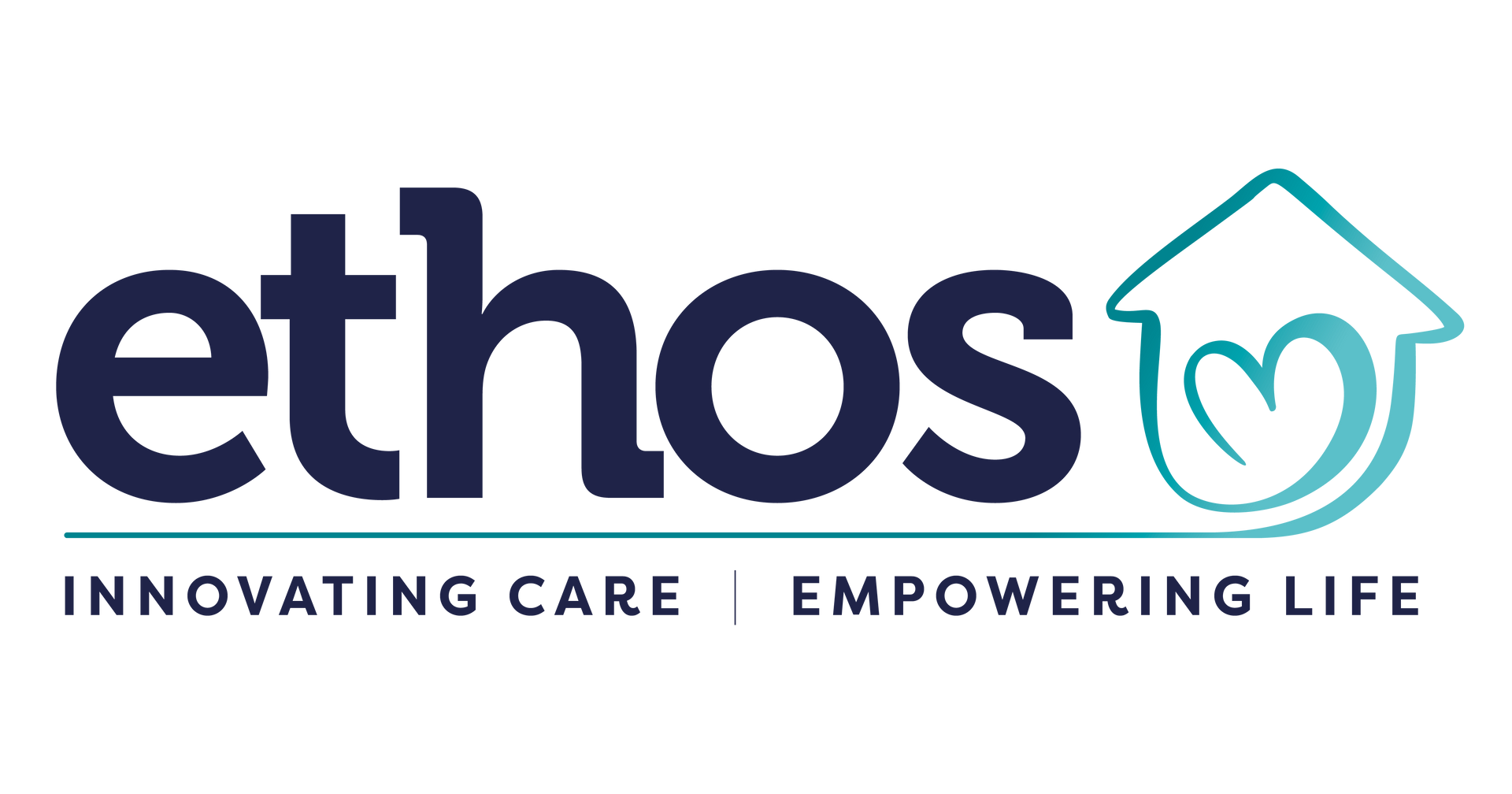Learning
Disability
Learning Disability
We support people with severe learning difficulties, including PMLD (Profound and Multiple Learning Disability), through a person-centred approach that aims to improve quality of life. We seek to reduce social barriers, provide dignity and positive behaviour support, which enables a more independent and fulfilling life for the individual.
A learning disability happens when a person's brain development is affected, either before they're born, during their birth or in early childhood and amongst other things can be caused by the following conditions:
- Down’s syndrome
- Turner syndrome
- Prader-Willi syndrome
- Batten disease
- Cerebral palsy
- Rhett syndrome
- Tuberous sclerosis
- Guillain-Barré syndrome
- Inherited learning disability
- Complications at birth
- Illness or injury
- Hemiplegia
- Epilepsy
- Meningitis
Did you know...?
Less than half a century ago, people with a learning disability were locked away and kept a secret from the rest of society. Most lived in large institutions – in settings resembling old hospital wards or prison wings, where abuse was rife and they had no contact with the outside world. A long fight, led by families, brought about major progress, which saw the last long-stay hospital in England close in 2009.
We aim to further the progress in this area, offering residents with learning disabilities unprecedented quality of life and choices.
Care Quality Commission
Following feedback from people who use services, CQC (Care Quality Commission) has updated its guidance so it has a stronger focus on outcomes for people including the quality of life people are able to experience and the care they receive.
Now called Right support, Right care, Right culture, the guidance published, outlines three key factors that CQC expects providers to consider if they are, or want to care for people with a learning disability:
Right support:
The model of care and setting should maximise people's choice, control and independence
Right care:
Care should be person-centred and promote people's dignity, privacy and human rights
Right culture:
The ethos, values, attitudes and behaviours of leaders and care staff should ensure people using services lead confident, inclusive and empowered lives
This guidance has always been set alongside other standards in health and social care - this includes NICE services that states that residential care "should usually be provided in small, local community-based units (of no more than six people and with well-supported single person accommodation)".


